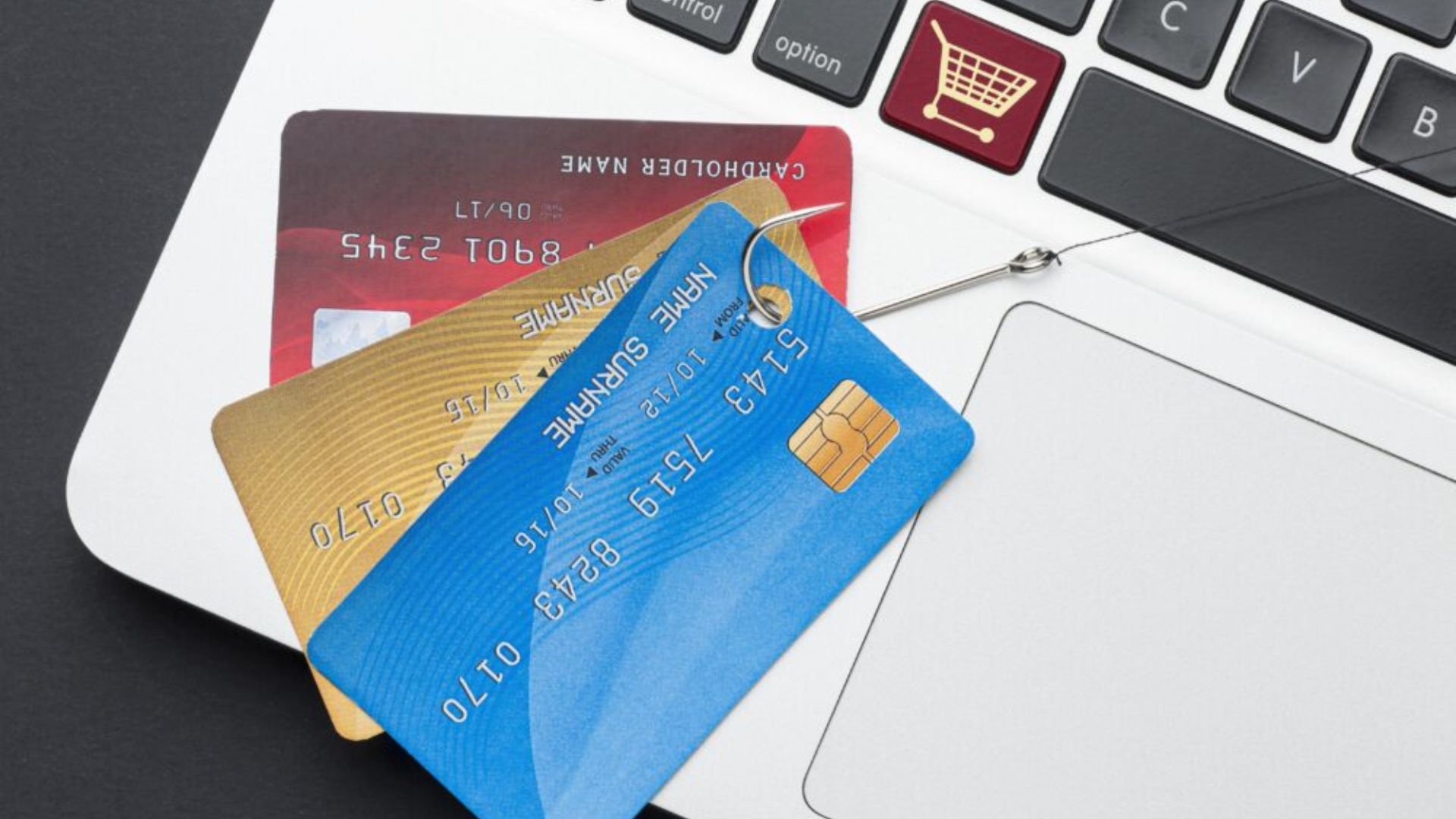

Credit cards are essential for managing an individual’s personal finances in today’s financial environment since they provide protection, ease, and a number of benefits and incentives for its users. Understanding credit cards can be confusing for a few individuals, particularly for newcomers and students. Do not be scared! This article is a guide to credit cards that aims to provide you with valuable insights for newcomers, simplify the working of credit cards, its fees, and rewards, how payments on a credit card work?, and clarify the complexities of payment processing.
It can be difficult for students and those who are unfamiliar with credit cards to choose the best card for themselves. One must start by thinking about his credit history, spending habits, and financial objectives. Numerous banks provide credit cards for students with lower credit limits and basic perks, to meet the demands of young adults.
By using this guide to credit cards for beginners, one must look for credit cards with rewards plans that fit his lifestyle and no annual fees. Several students look for credit cards that come with benefits like cashback on purchases, incentives offered to students for high grades, and even credit education tools to support the development of sound financial practices.
Although credit cards can be difficult at first, they are really just instruments for taking out loans to make purchases. Every credit card has a credit limit, which is the highest amount that can be paid. It is essential that one must not go over this limit to prevent fines and credit score damage.
It is important for an individual to understand interest rates. One must pay interest on the amount he carries over from month to month, frequently at high prices. Aim at paying off your balance in full each month to avoid this.
An individual must keep in mind that using credit cards responsibly include making on-time payments, managing one’s spending, and avoiding his unnecessary debt. He/She must create a good credit history and take advantage of future financial possibilities by using his card responsibly.
To answer this question ‘how to use a credit card for the first time’, the first time you use a credit card can be thrilling and frightening at the same time. One must learn about the terms and conditions of the card, such as interest rates, fees, and rewards, and limit the amount you charge to what you can afford to pay back.
An individual should set and adhere to his budget. One should prioritize necessary expenses when making purchases, and refrain from impulse purchases. Aim at keeping track of one’s expenditures by routinely checking his account online or via the mobile apps that one’s card issuer offers.
As an individual’s confidence grows, he/she must think about utilizing rewards programs to get the most out of his card. But always compare the benefits to any related expenses, such as interest or fees.
Using a credit card to make payments is quite simple but you must take caution to avoid any costly mistakes. One receives a statement every month that lists all of your purchases, balance, minimum payment required, and due date.
An individual should try to pay off his bill in whole by the due date to keep his credit score high and prevent interest costs. By making the minimum payment if one is unable to pay the entire amount in order to avoid incurring late fees and penalties.
One should keep in mind that carrying a balance from month to month might result in high interest rates, which can lower any benefits one receives and possibly lower the credit score. Make it a point to always pay more than the minimum in order to lower the balance and save interest.
Credit cards are considered useful investments by using them sensibly. This article is considered as a guide to credit cards in India where Students and newcomers can take advantage of credit cards while avoiding common issues by being aware of rewards, fees, and payment methods. You can use credit cards to establish a strong financial future with careful preparation and minimal spending.